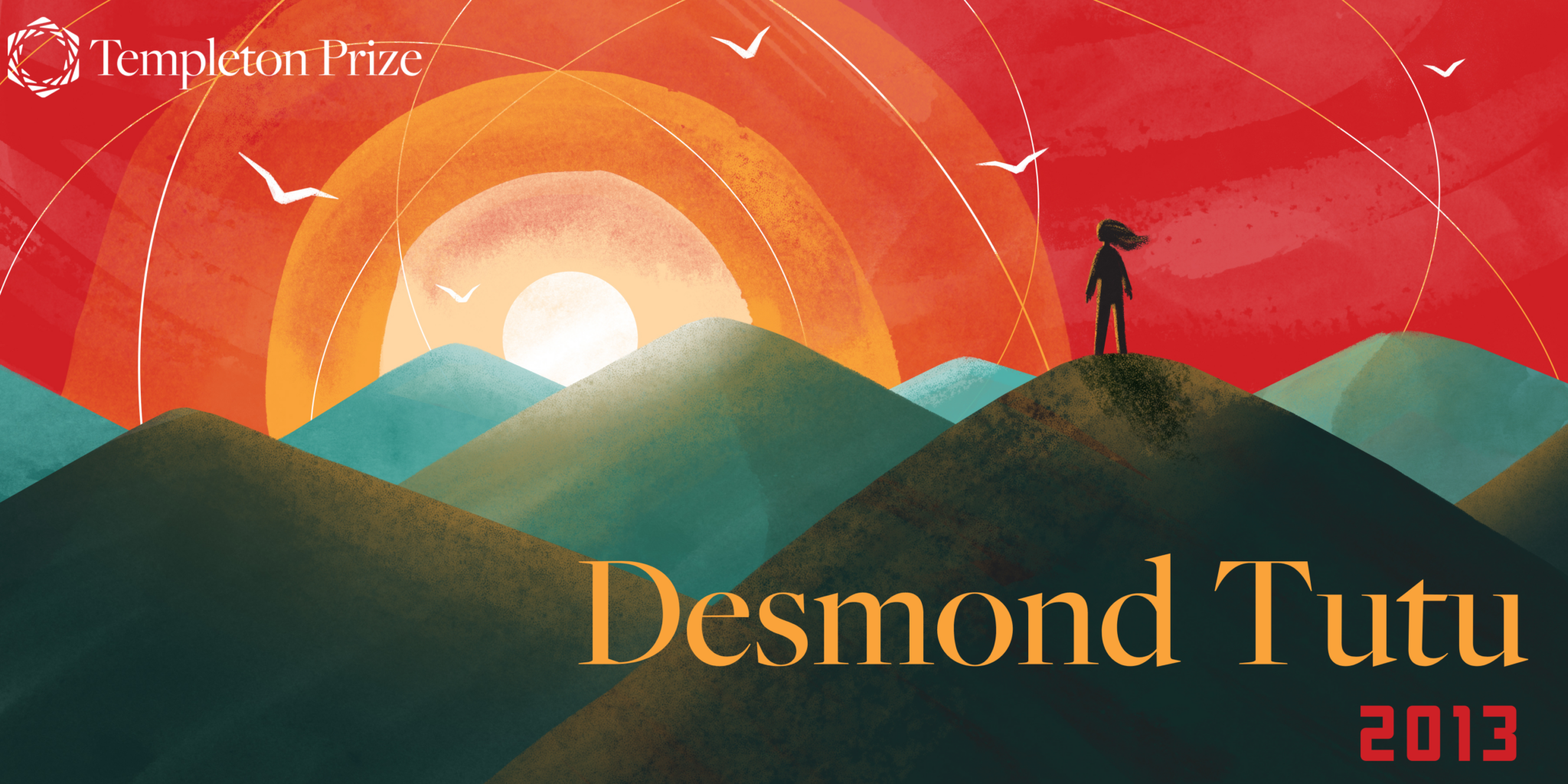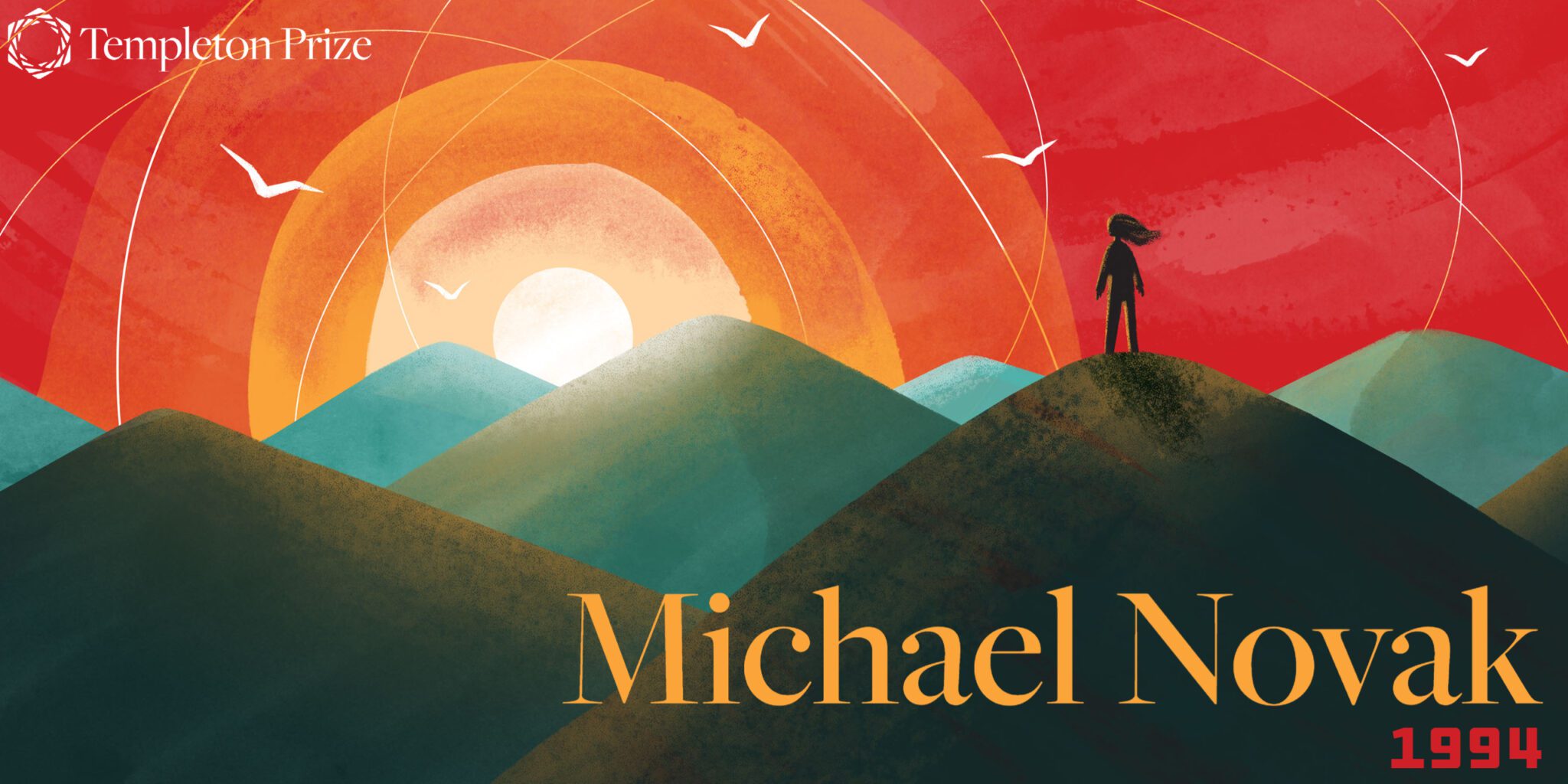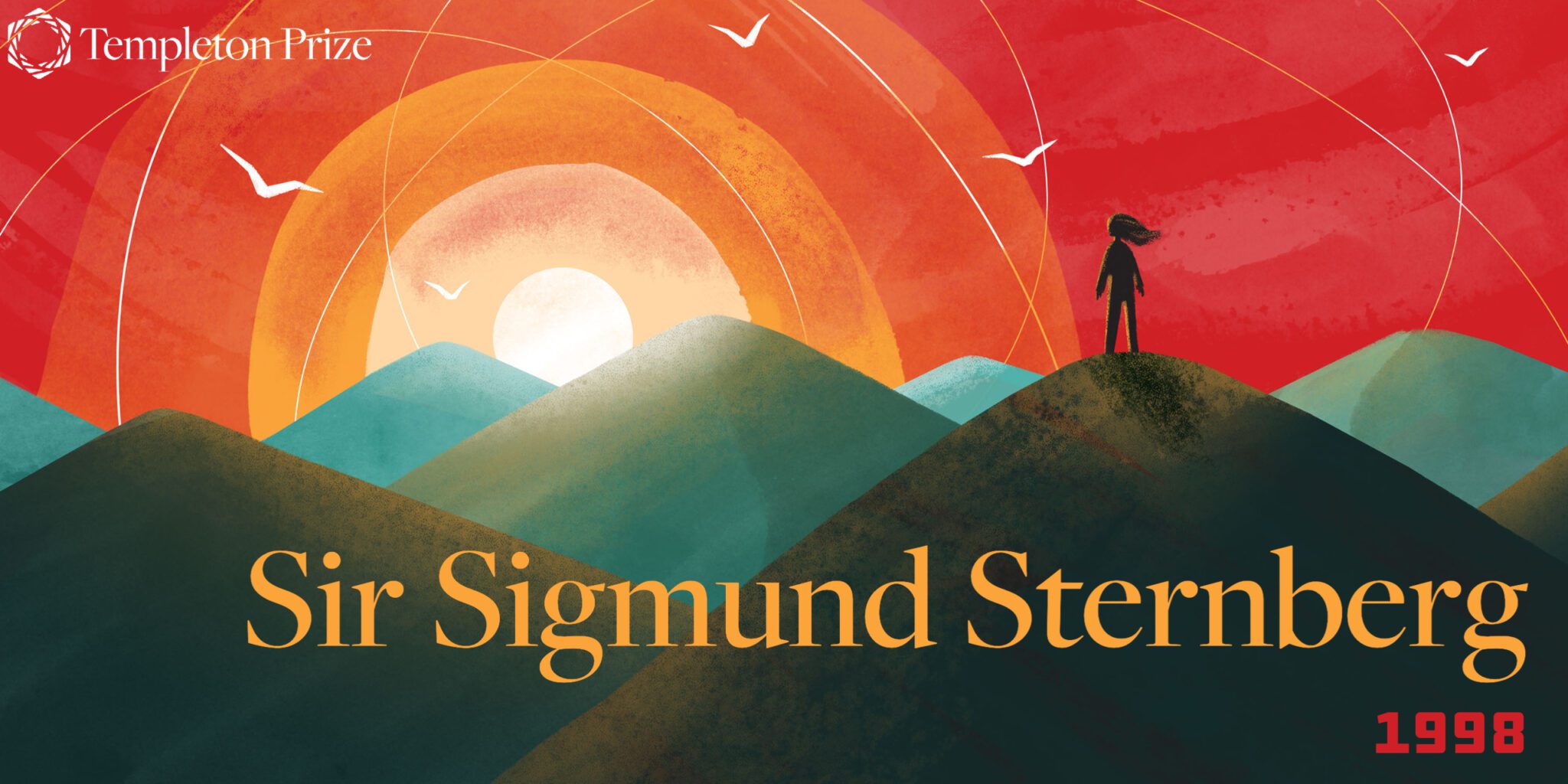In 1973, the first Templeton Prize was given to Mother Teresa. In 2023, we celebrate the 50th anniversary of this award. Over the next 52 weeks, we will highlight each of our laureates and reflect on their impact on the world. From humanitarians and saints to philosophers, theoretical physicists, and one king, the Templeton Prize has honored extraordinary people. Together, they have pushed the boundaries of our understanding of the deepest questions of the universe and humankind’s place and purpose within it, making this (we humbly think) the world’s most interesting prize.
Desmond Tutu, the former Anglican archbishop of South Africa, won global renown for his stalwart—and successful—opposition to South Africa’s apartheid regime.
Wielding both an impish sense of humor and a piercing moral voice, Tutu used his positions within the church to focus global attention on the apartheid policies of South Africa’s ruling minority, issuing broad calls to common humanity from the early 1970s.
In 2013, he won the Templeton Prize in honor of his life-long work in advancing spiritual principles such as love and forgiveness that have helped to liberate people around the world.
Tutu combined the theological concept that all human beings are shaped in the image of God, known in Latin as Imago Dei, with the traditional African belief ofUbuntu, which holds that only through others do people achieve humanity which, he says, creates “a delicate network of interdependence.”
After Nelson Mandela’s release from prison in 1990 and subsequent election as president in the country’s first multi-ethnic democratic elections, Tutu chaired the Truth and Reconciliation Commission employing a revolutionary and relentless policy of confession, forgiveness and resolution that helped shepherd his nation from institutionalized racial repression toward an egalitarian democracy.
This remarkable record made Tutu of the world’s most revered religious figures and a leading moral voice for peace and justice
On receiving the Templeton Prize, he said:
“Ubuntu – a person can be a person only through other persons. You can be generous only because you learnt from another how to be generous. How God longs for us to know that – you know what – we were created for togetherness. We were created to be members of one family, God’s family, the human family.”
He received the award at a bustling ceremony punctuated with dance at The Guildhall in London.
“By embracing such universal concepts of the image of God within each person, Desmond Tutu also demonstrates how the innate humanity within each of us is intrinsically tied to the humanity between all peoples,”
said the late Dr. John M. Templeton, Jr.
“When our intellectual and moral curiosity are accentuated, we ask questions, we seek answers and then we ask more questions because our answers are never final. There is always so much more to know. Today we honor Archbishop Tutu, a humble and inspiring entrepreneur of the spirit whose life and work capture the ideals Sir John Templeton hoped to promote through the giving of the Templeton Prize,”
– Heather Templeton Dill




